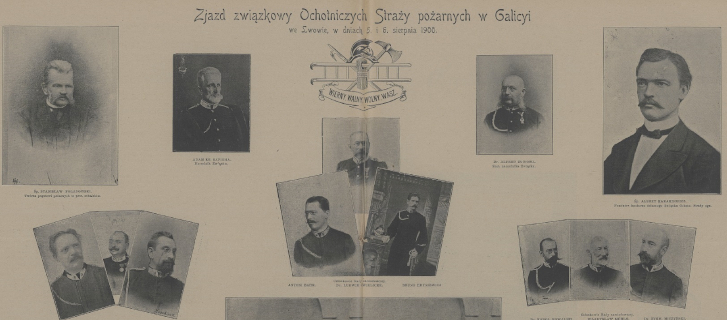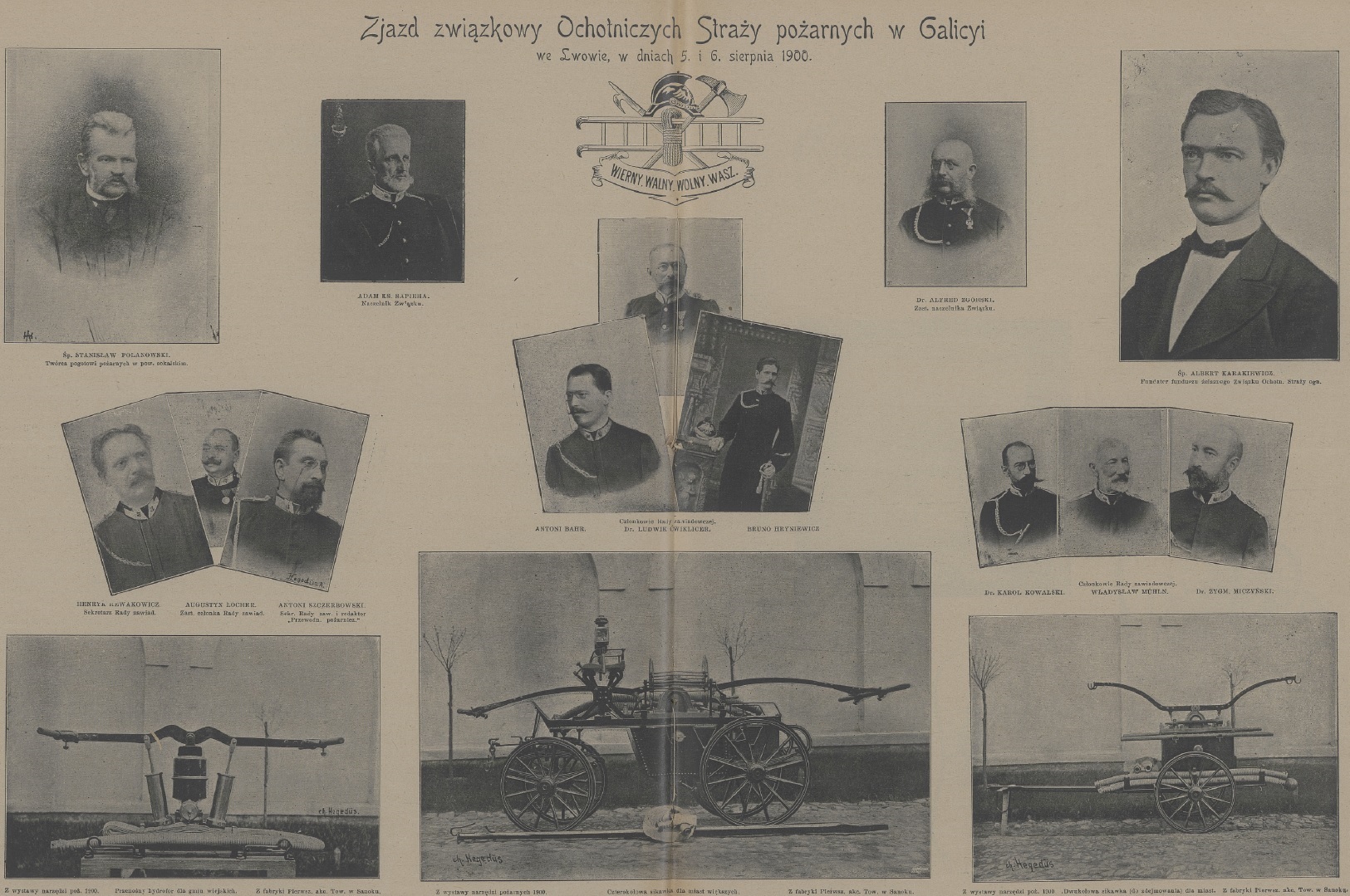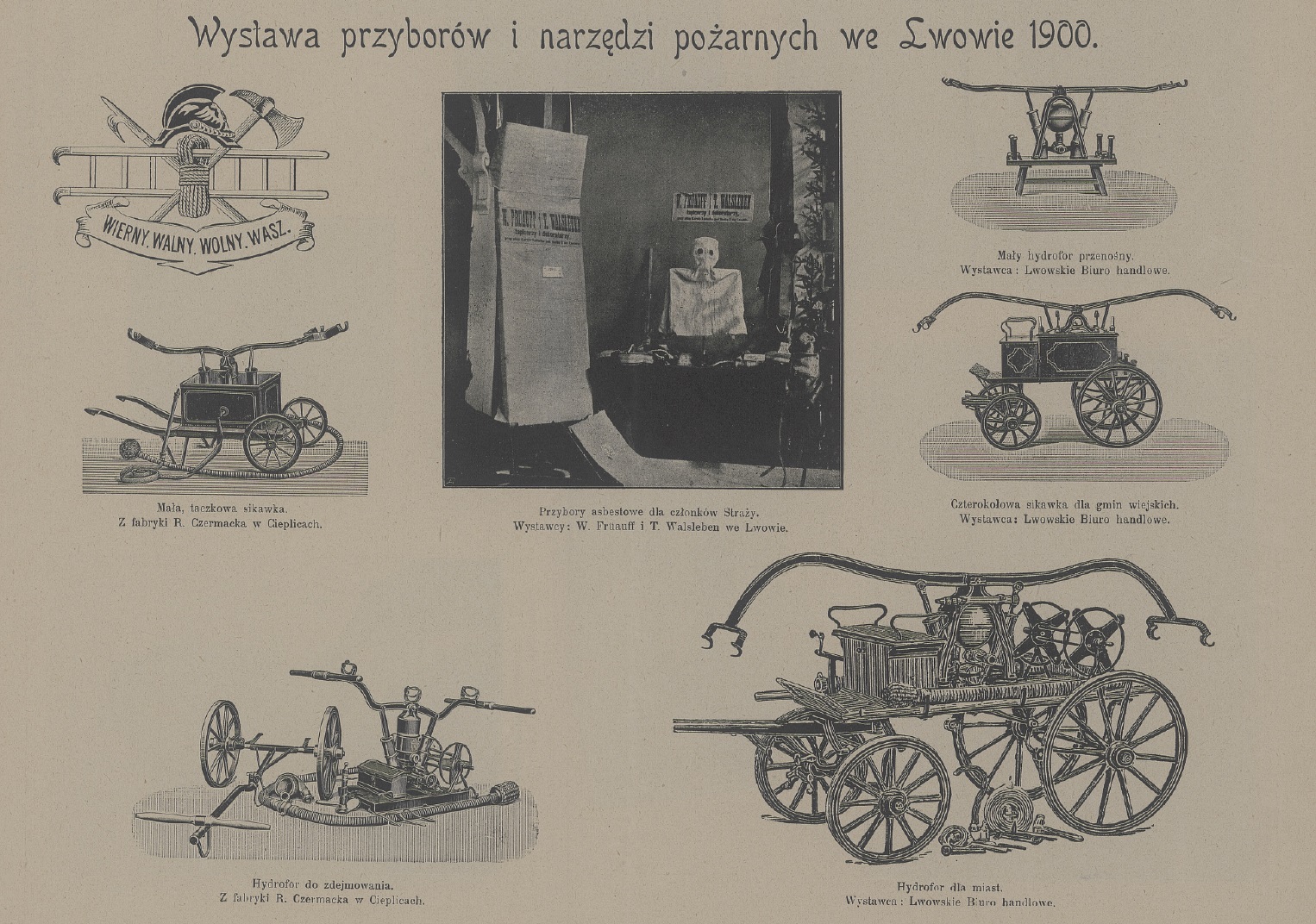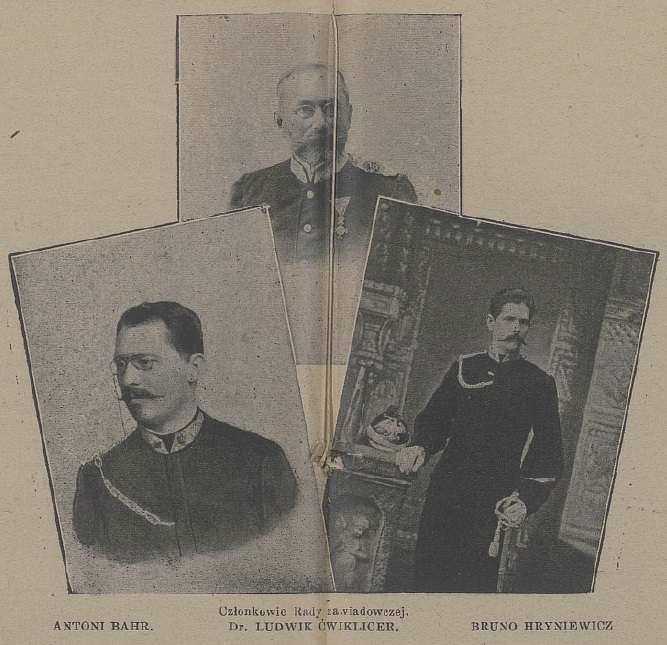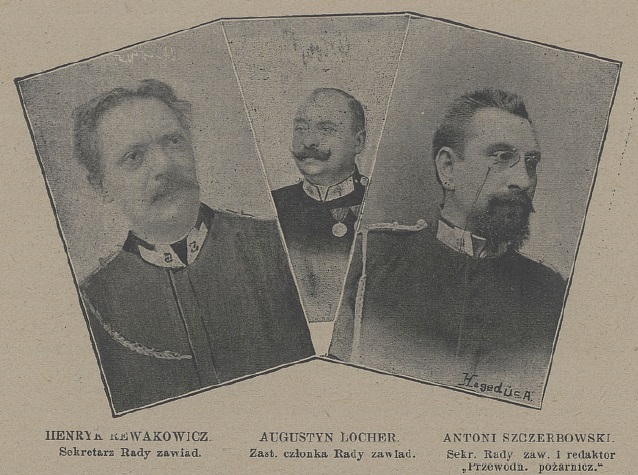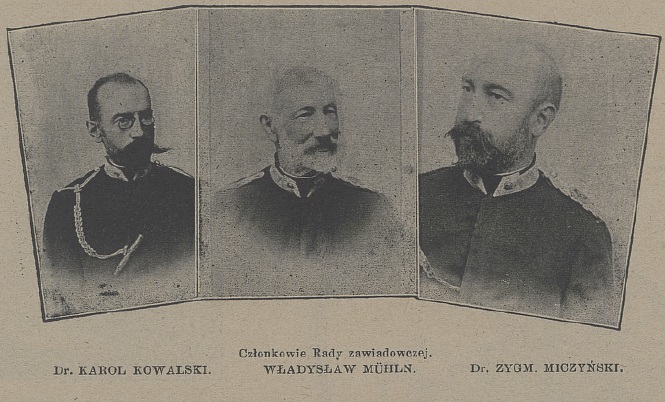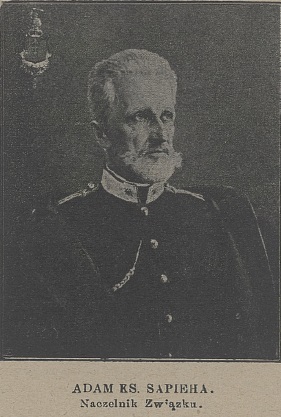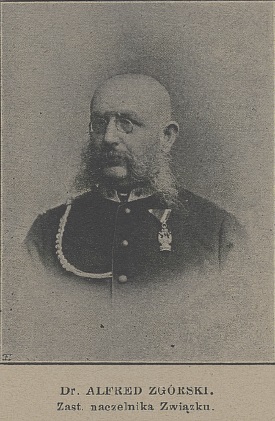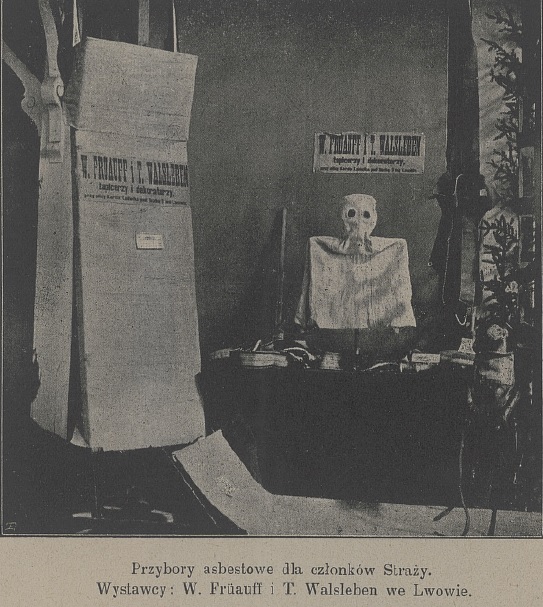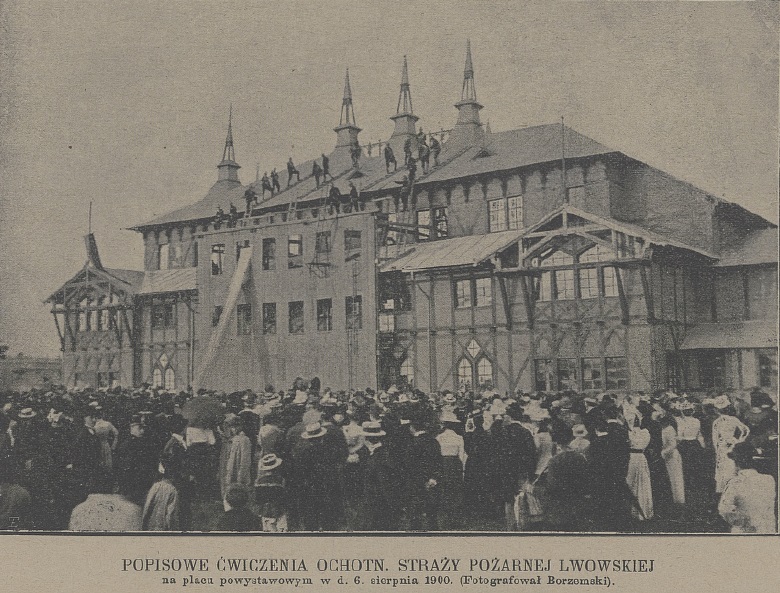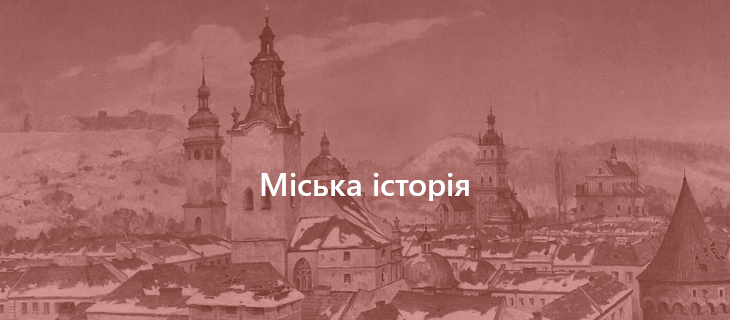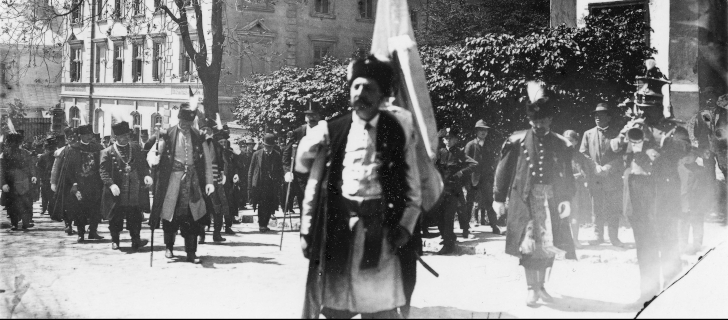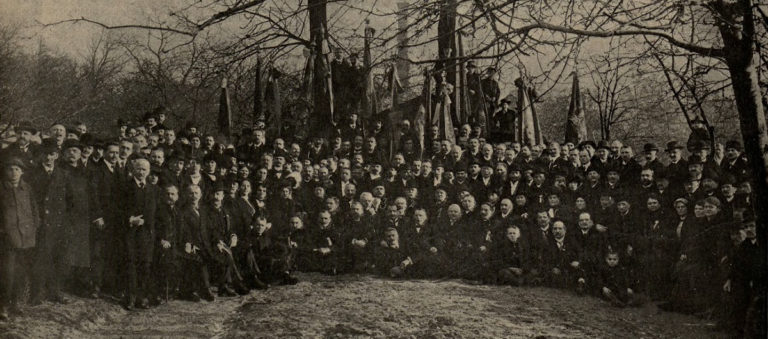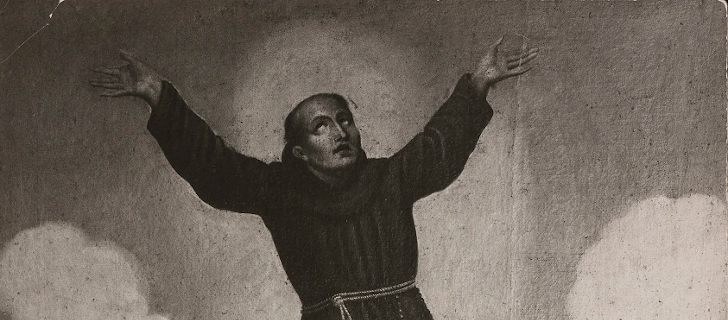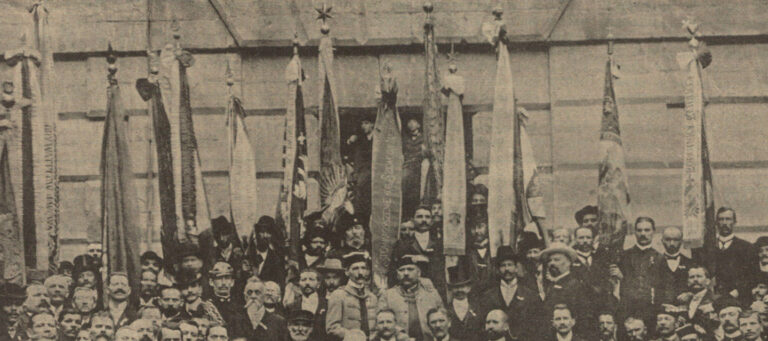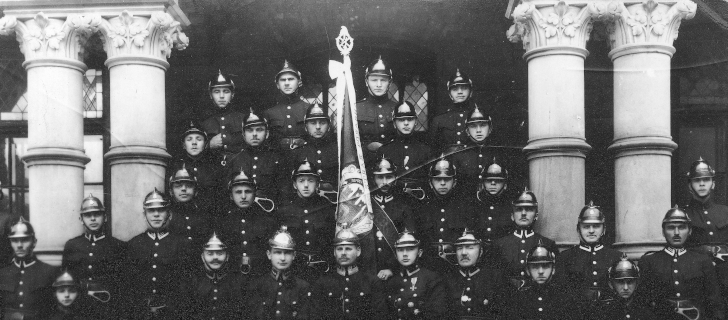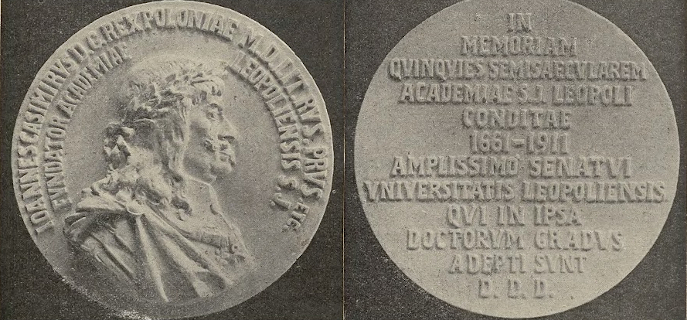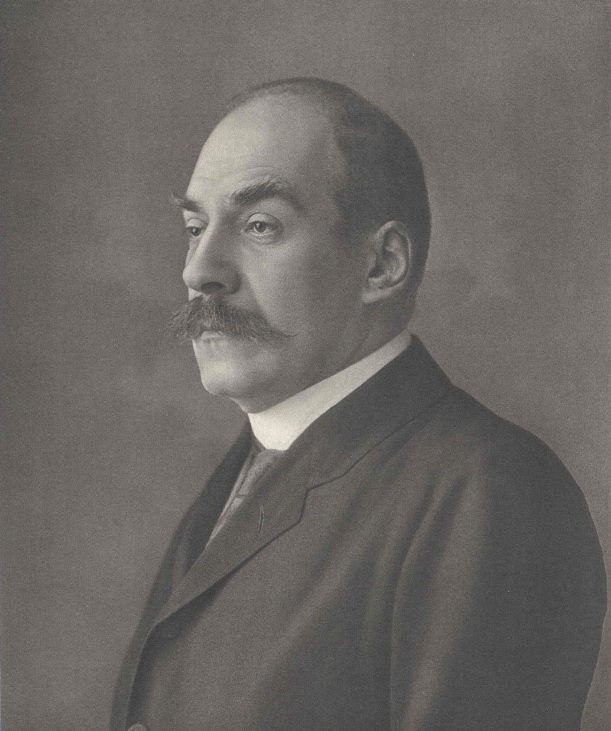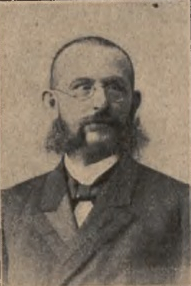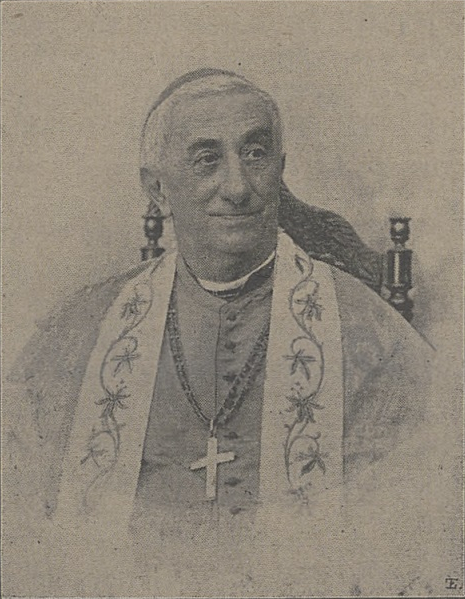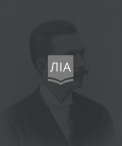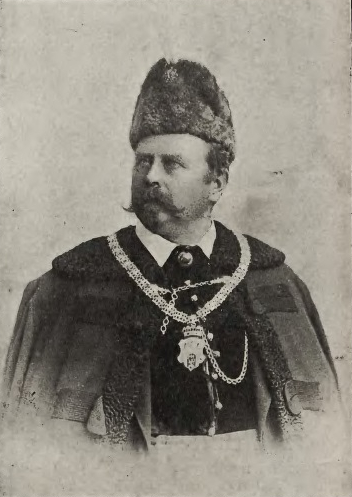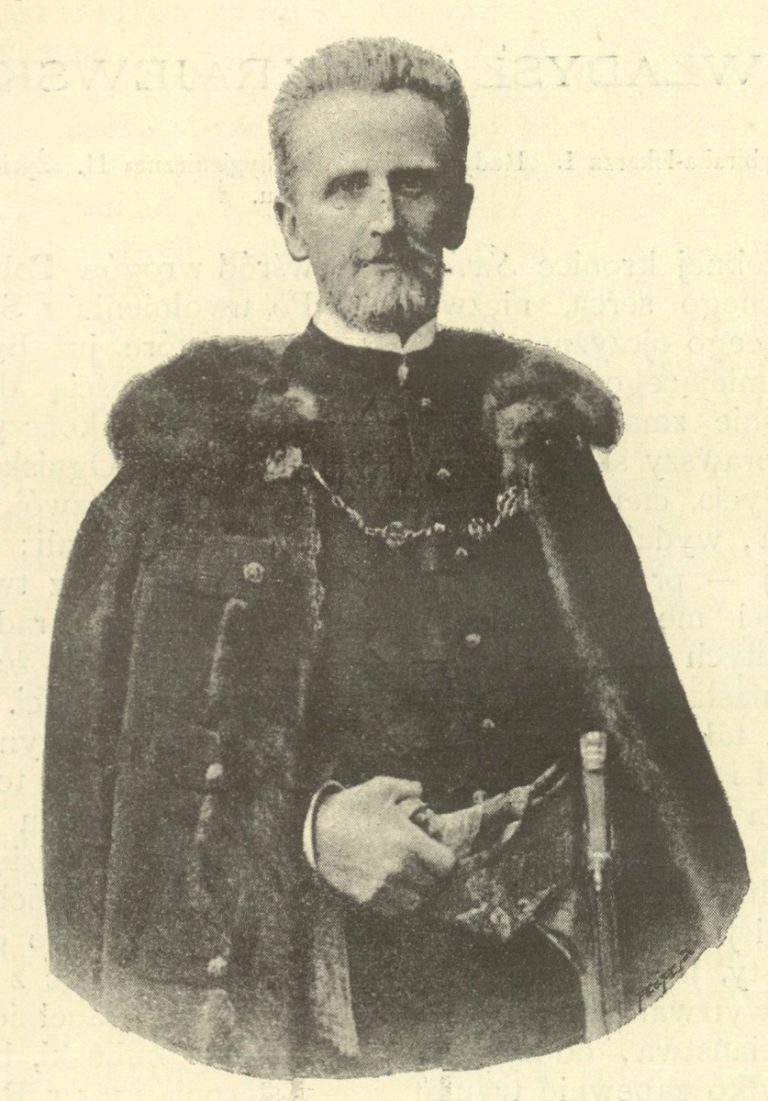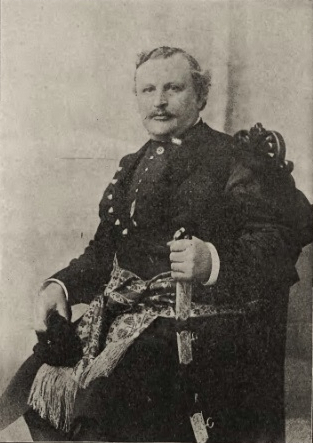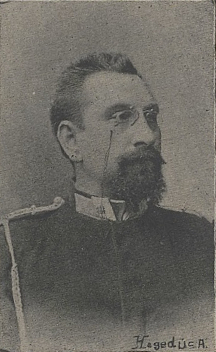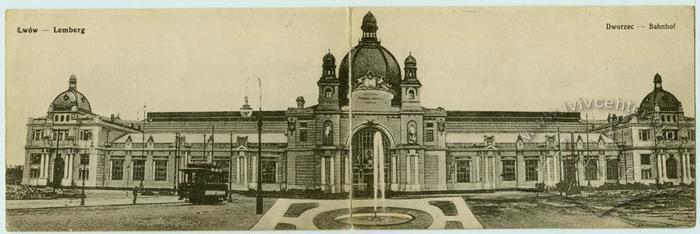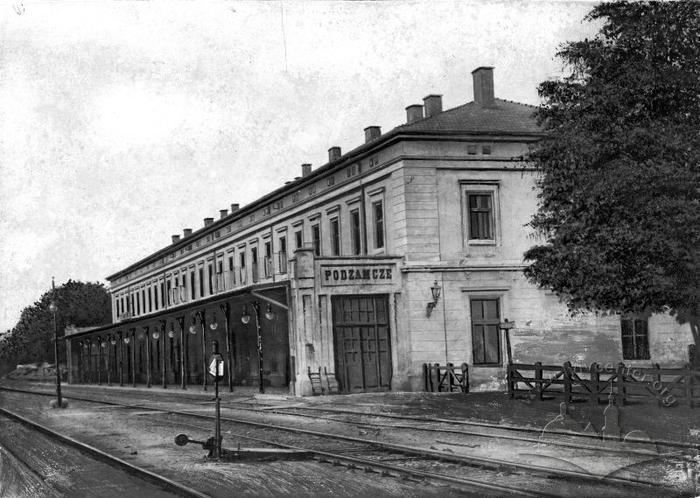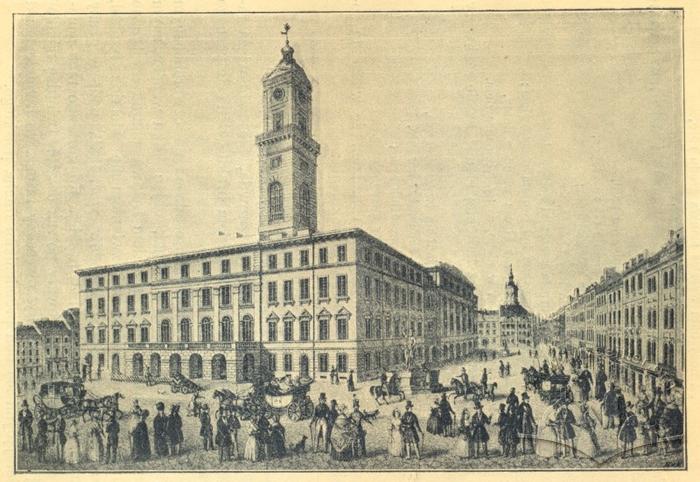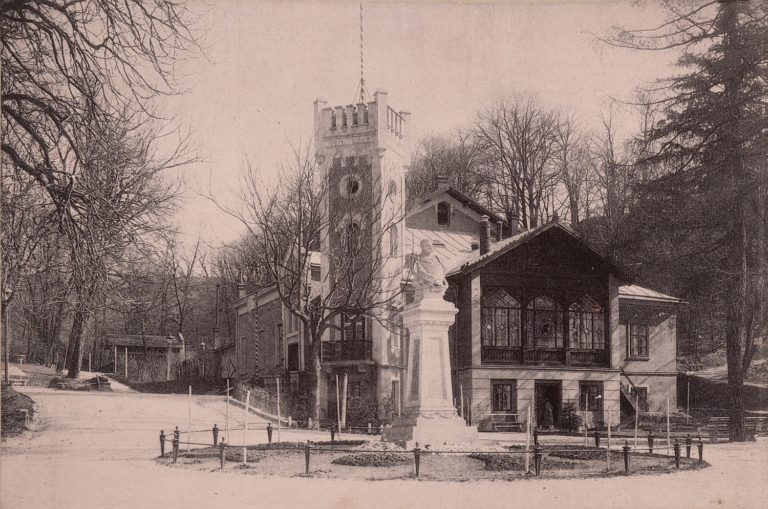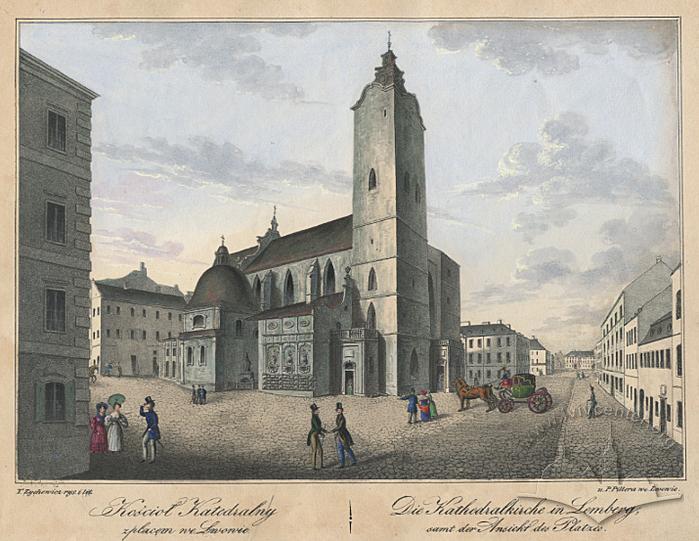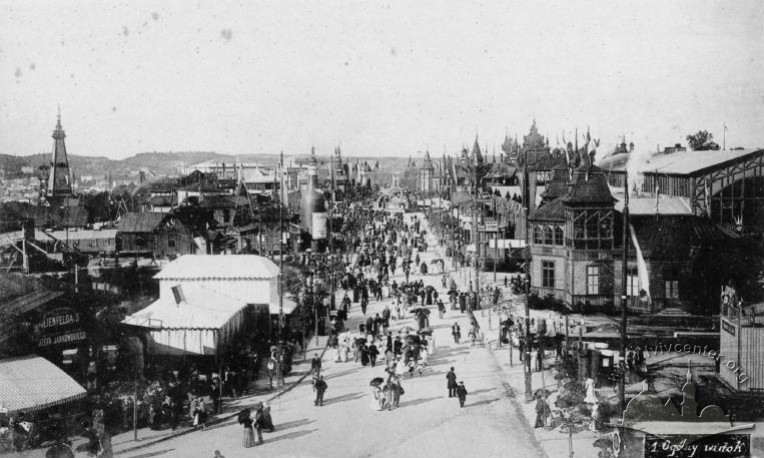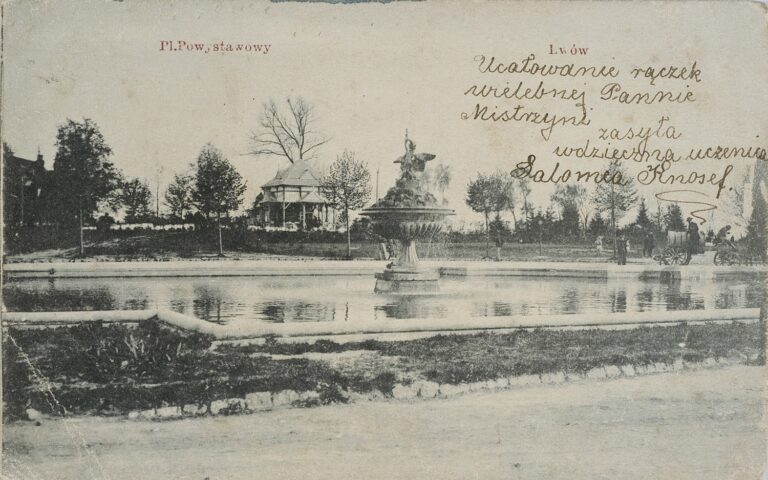On August 4-7, 1900 the celebration of the 25th anniversary of foundation of the Voluntary Local Fire Association (Ochotnicza straż pożarna) was held in Lviv. Delegates from other territorial fire associations of the area as well as the ones from Bukovyna and Czechia participated in the celebration. Besides a solemn parade along the central part of the city and a Mass in the Cathedral, the congress participants held an exhibition of fire prevention devices, a competition between fire teams, and performances by firefighters.
The celebration in Lviv started on August 4, when delegates were met at the railway stations. Later they were accommodated in the Adam Mickiewicz school (today school No. 8). On the same evening a meeting was held in a hall in the townhouse on 17, Rynok Square.
One of the main events held on the next day (August 5) was a solemn parade of members of the local fire associations along the city center. The itinerary was from the Rifleman Association building at 23, Lysenka Str. (former Kurkowa), via Vynnychenka Street (former Czarnieckiego Street), Soborna Square (former Bernardyńska), Halytska Square, Mariyska Square (now part of Mickiewicz Square), Svoboda Avenue (former Karola Ludwika Street), Beryndy Street (former Kilińskiego Street) to the Cathedral. The fact that the Mass was celebrated in the Latin cathedral only with the participation of Roman-Catholic clergy testifies to the actually Polish nature of the event, although the Ruthenians also participated in the feast. After the solemn celebration the festive procession continued along Teatralna Street – Brativ Rohatyntsiv Street (former Sobieski) – Halytska Street to the City Hall. After that, while the meetings of the management of regional societies took place in a room in the City Hall, the celebration moved to Stryiskyi Park (former Park Kilińskiego). A fire exhibition was held there, also competitions between fire teams, and firefighters performances were organized. The whole event ended with fireworks.
Announcements about the events were published in the Polish newspaper Gazeta Lwowska and in the Ukrainian Dilo. Gazeta Lwowska published the program of the celebration on July 22, and in Dilo an announcement was placed asking businessmen to take part in the exhibition of goods and articles used for extinguishing fire. Besides, the event was treated as a "regional" one without any national meaning.
In spite of the fact that the celebration was supposed to be regional, some publications still treated this event with a national bias. Thus, Gazeta Lwowska wrote about the "old Polish hospitality", with which congress delegates were treated in Lviv. At the same time, the Ukrainophile newspaper Dilo stressed that only one fire association (out of more than ten) that took part in the parade had a flag with a Ukranian inscription on it. It was the "Volunteering Fire Association" (Ochotnicza straż pożarna) from Kalush. Other fire societies, even from the same Ruthenian lands, as Chortkiv, Drohobych, Stanislav, Zolochiv, had flags with Polish inscriptions.
One may speak about the rather state-like, "regional" nature of the celebration due to the list of persons who were invited to the banquet held on August 7, 1900. In particular, Armenian archbishop Isaak Isakowicz, vice-president of the regional government Jan Lidl, starosta (county administration supervisor) Wacław Zaleski, vice-presidents of the city Michał Michalski and Stanisław Ciuchciński, etc. were invited (in all about 300 persons).
Significance
This anniversary, like other similar events, served several functions at once. First, any positive changes in the region could be presented as evidence of the effectiveness of the Polish administration. Secondly, both Poles and Ukrainians were engaged in "building society", and fire brigades were a good example of this. Third, the paramilitary movement was already developing rapidly at that time. Volunteer firefighters could easily be transformed into mere volunteers ready to "stand up when the Fatherland calls" - a phrase often used in the press. Ultimately, this event well illustrates the competition between Ukrainians and Poles in the symbolic field, when the language of the inscription on the company's standard was valued no less than the presence of the standard itself.
